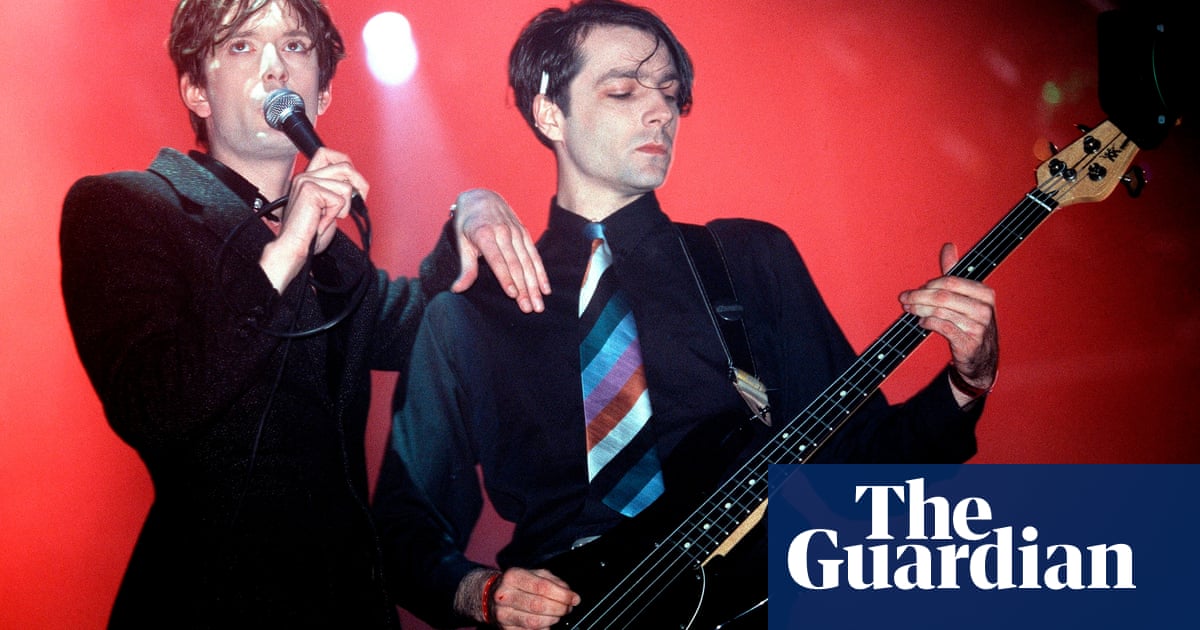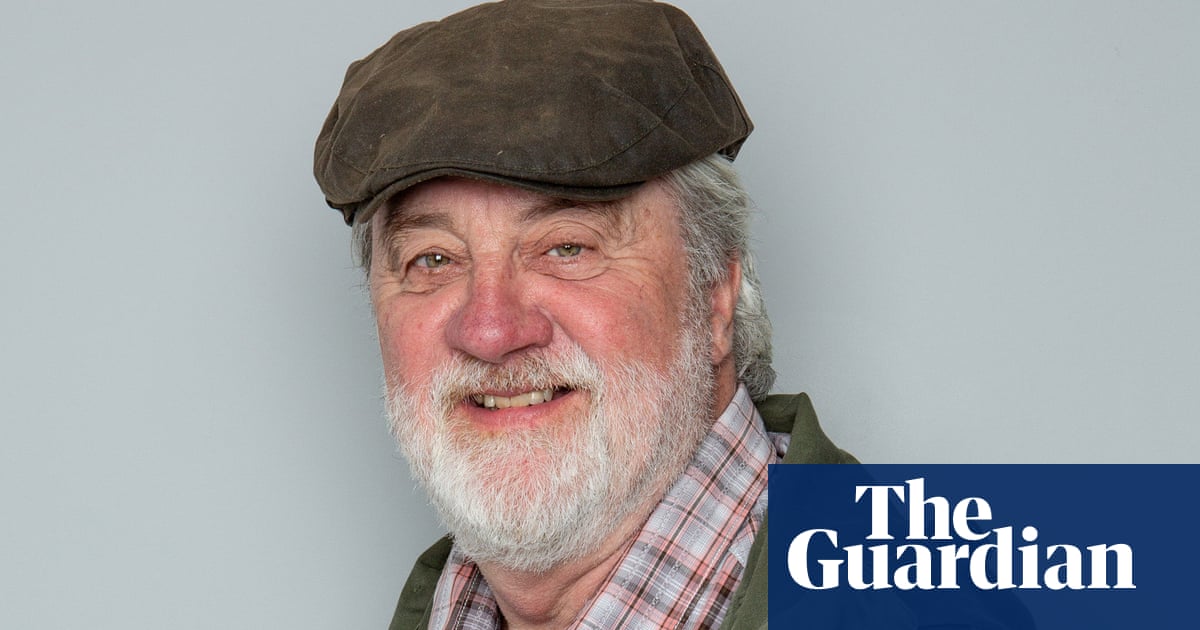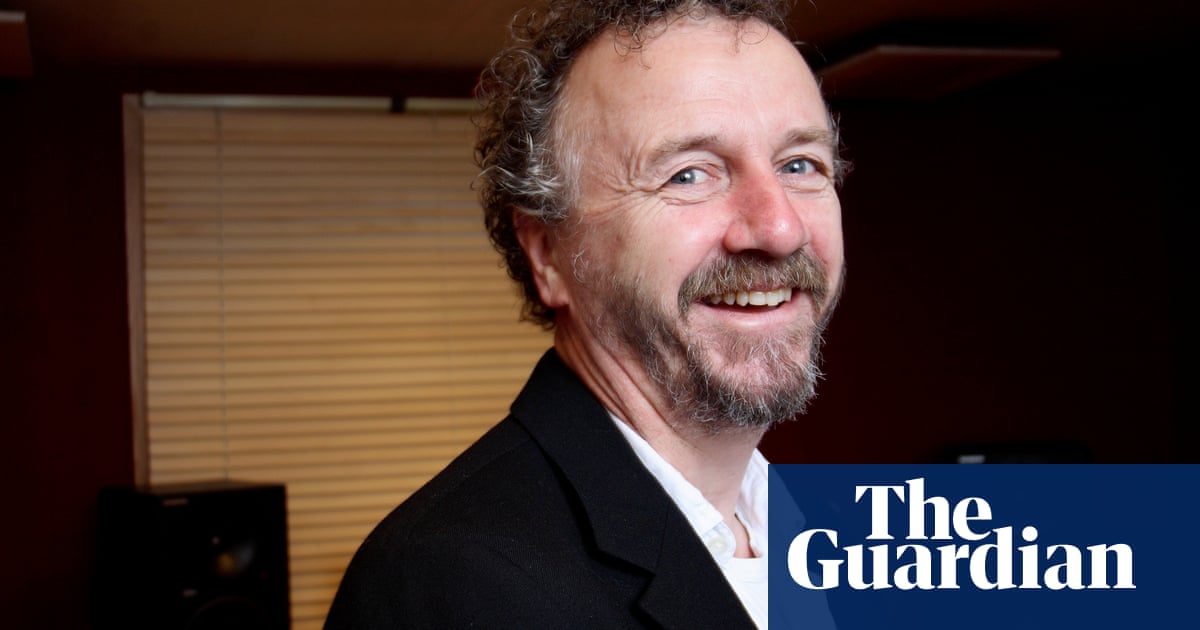
Steve Priest, bassist and vocalist with glam rock band The Sweet, has died age 72. His bandmates confirmed the news, sharing a statement from the family. The cause of death is not yet known.
Bandmate Andy Scott paid tribute to Priest, describing him as the best bass player he had ever played with. “From that moment in the summer of 1970 when we set off on our musical odyssey the world opened up and the roller coaster ride started.”
David Ellefson of Megadeth said that Priest was “without parallel”. He said that The Sweet “gave me one of my earliest memories of great hard rock on the radio as a kid and [1974’s] Desolation Boulevard still holds up as one of rock’s greatest albums from that period.”
The Sweet were key figures in the glam rock era, scoring 13 Top 20 hits in the 1970s. Priest joined the fledgling group, then known as The Sweetshop, in the late 60s. After a false start on Parlophone at the turn of the 70s, they signed to RCA worldwide and had their first hit with Funny Funny in 1971.
It would take them a year to repeat that kind of impact, finally igniting a run of chart success with the singles Little Willy and Wig-Wam Bam. They left behind their early bubblegum aesthetic to embrace the outre stylings of the budding glam movement, often to hostile response from fans unfamiliar with men in makeup.
But Priest soon became known and beloved by fans for his playful demeanour. He became “the instigator of androgynous mischief”, wrote Simon Reynolds in Shock and Awe: Glam Rock and Its Legacy. “Milky skin, wavy red hair, puckered lips… ‘I looked like a 12-year-old girl’, Priest later recalled.
He got in hot water when he appeared in German military uniform and sporting a Hitler-style moustache on the 1973 Christmas edition of Top of the Pops. “It’s amazing how everyone still talks about the Nazi uniform,” he said in 2010. “Good old BBC wardrobe department. People always want to know if I was serious. I mean, a gay Hitler. Hello?!”
The group enjoyed the spoils of success. “If it breathed and was female, it was fair game,” Priest told the Guardian. “The 70s were magical. They were like the 60s, only crazier. God knows how we got away with it.”
Towards the middle of the decade, they embraced a harder sound – one unintentionally entrenched after frontman Brian Connolly sustained a throat wound in a fight in Staines and emerged with a rougher singing style. His confidence shattered, he began drinking heavily.
His injuries meant the band had to turn down a personal invitation to support their heroes The Who at Charlton Athletic football ground in May 1974, which they believed would have transformed their reputation from “a superficial glam machine” to “serious rock contenders”, said critic David Cavanaugh.
After Connolly departed the group in 1978, Priest took over lead vocal duties for the remainder of the group’s first incarnation. They disbanded in 1981, having taken a year off after drummer Mick Tucker’s wife drowned in the bath in 1979.
Over subsequent decades, the group would reunite regularly in a number of conflicting incarnations: Priest had the right to use the band’s name in the US and Canada, whereas guitarist Andy Scott toured a version of the group in the UK. The pair were estranged for decades, but resumed contact in the 2010s. Scott said the pair mooted a reunion for the band’s 50th anniversary, although this never came to pass.
Priest was born in Hayes, Middlesex, on 23 February 1948. He is survived by his wife, Maureen, whom he married in 1981 as the band was approaching disbandment, and their three daughters. Maureen, née O’Connor, was a director of publicity for Capital and EMI in New York.












